Indonesia’s decision to join the BRICS economic alliance marks a transformative shift in its foreign policy and economic strategy. By aligning itself with Brazil, Russia, India, China, and South Africa, Jakarta aims to leverage this platform to address critical global challenges, including climate change. This essay explores how Indonesia’s membership in BRICS can help achieve its economic and environmental goals, focusing on the opportunities and challenges of championing the Global South in a polarized world.
BRICS, an acronym for Brazil, Russia, India, China, and South Africa, represents a coalition of major emerging economies that collectively account for a significant share of global GDP, population, and resource wealth. Formed in 2009, the alliance aims to reshape the global economic order by providing a counterbalance to traditional Western-dominated institutions. Indonesia’s membership in the expanded BRICS Plus bloc underscores its aspirations for greater influence in global decision-making. With its vast natural resources, strategic location, and ambitious development agenda, Indonesia stands to benefit from the economic opportunities and collective leverage BRICS provides. Importantly, climate change offers a common denominator for BRICS members, transcending their diverse national interests. Given the shared vulnerabilities and responsibilities in addressing this global crisis, climate action must be advocated collectively within the bloc to ensure sustainable growth and equitable solutions.
President Prabowo Subianto’s ambitious target of 8% GDP growth underscores Indonesia’s determination to position itself as a major global economy. Joining BRICS is part of a broader strategy to unlock economic opportunities, attract investments, and strengthen its international influence. As a member of BRICS Plus, Indonesia can benefit from new trade partnerships, access to development financing, and technology transfer, all of which are vital for achieving sustainable economic growth.
However, this ambitious growth target comes with significant challenges. Rapid economic expansion often leads to increased greenhouse gas emissions, deforestation, and environmental degradation—issues that are at odds with global climate goals. For Indonesia, the challenge lies in balancing its economic aspirations with its commitments to reducing emissions and protecting its natural ecosystems, including its critical blue carbon assets like mangroves and seagrasses.
One of the core challenges for BRICS lies in aligning the diverse national interests of its member countries with global climate objectives. BRICS nations represent a wide spectrum of economic and environmental priorities. For instance, China and India prioritize industrial growth and energy security, often relying on coal to fuel their economies. Brazil faces challenges in curbing deforestation in the Amazon while pursuing agricultural expansion. Russia remains a major fossil fuel exporter, complicating its commitments to decarbonization. South Africa struggles with a coal-dependent energy system while addressing socio-economic inequalities. Indonesia’s participation in BRICS requires navigating these conflicting priorities while advocating for policies that promote sustainable development. Jakarta must emphasize the importance of transitioning to low-carbon economies without compromising growth and equity. This balancing act demands a robust diplomatic strategy that leverages Indonesia’s unique position as a bridge between the Global South and international climate frameworks.
To effectively advocate for the Global South within BRICS, Indonesia can adopt several strategies. Building coalitions with like-minded BRICS members, such as Brazil and South Africa, can amplify Indonesia’s voice in climate negotiations. Promoting mechanisms that facilitate the transfer of clean technologies to developing countries can help bridge the technological gap between the Global North and South. Strengthening institutional frameworks, such as establishing dedicated BRICS platforms for climate finance and adaptation, can provide targeted support to member countries facing the greatest climate vulnerabilities. Madhanagopal and Momtaz (2023) emphasize that the sociopolitical dimensions of climate change, particularly in South and Southeast Asia, highlight the necessity of robust governance systems to address vulnerabilities effectively. Indonesia’s extensive experience with community-led conservation efforts in mangrove and peatland restoration can serve as a model for incorporating indigenous knowledge into climate solutions. Also, drawing on its extensive diplomatic expertise within ASEAN, Indonesia is well-equipped to mediate internal divisions among BRICS members. By promoting constructive dialogue and cooperation, Indonesia can bolster the group’s unity and amplify its ability to influence global norms. Moreover, advocating for just transitions that address socio-economic disparities within and between countries is crucial for fostering equity and long-term sustainability.
The historical roots of the North-South divide in climate negotiations can be traced back to the Industrial Revolution, when the Global North’s rapid economic growth was fueled by fossil fuels. Today, developed countries are responsible for the majority of historical emissions, yet the impacts of climate change disproportionately affect developing nations in the Global South. This divide has manifested in contentious debates over issues such as climate finance, technology transfer, and emission reduction commitments. While the Paris Agreement represents a milestone in global cooperation, its implementation has been hindered by persistent disparities. Developing countries often struggle to access the financial resources and technological support promised by developed nations, exacerbating their vulnerabilities to climate change.
Achieving equitable solutions in climate negotiations requires addressing the structural imbalances that perpetuate the North-South divide. Developed countries must fulfill their commitments to providing USD 100 billion per year by 2025 in climate finance, as agreed under the Paris Accord. Ensuring that these funds are accessible and targeted towards adaptation and mitigation efforts in the Global South is critical. Strengthening the participation of developing countries in international climate forums can help ensure that their perspectives are adequately represented. Linking debt forgiveness to climate initiatives can provide developing countries with the fiscal space needed to invest in sustainable development. Platforms like BRICS can facilitate knowledge-sharing and joint initiatives among developing countries, reducing reliance on the Global North.
In a polarized world, BRICS represents a unique platform for advancing the interests of the Global South in climate negotiations. For Indonesia, membership in this alliance offers an opportunity to influence global policies, promote equitable solutions, and achieve its ambitious economic and environmental goals. However, this requires navigating complex dynamics within the bloc, addressing the North-South divide, and championing innovative strategies for sustainable development. By leveraging its rich natural resources, strategic geopolitical position, and commitment to sustainable growth, Indonesia can play a pivotal role in shaping a more equitable and inclusive global climate agenda. As Jakarta aligns its national interests with the collective aspirations of the Global South, its success will depend on fostering collaboration, building trust, and ensuring that no one is left behind in the fight against climate change. Successfully meeting these challenges will position Indonesia as a pivotal force for a fairer global order that reflects 21st-century power dynamics.
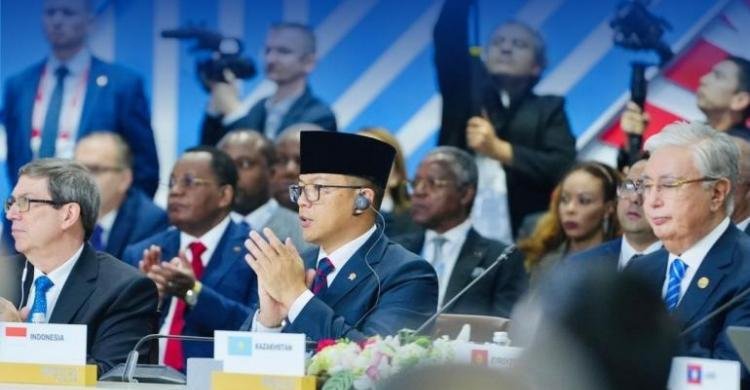
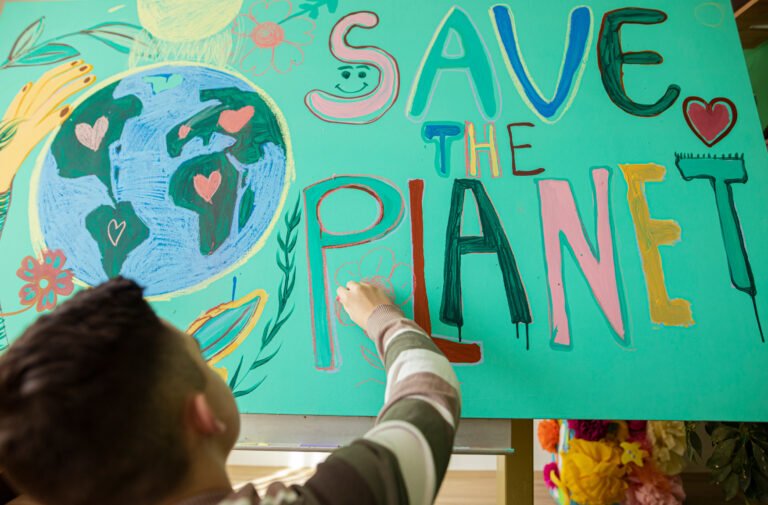
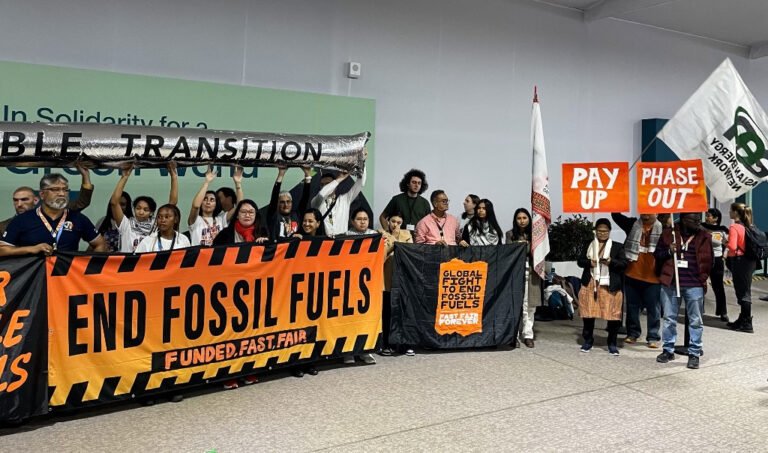
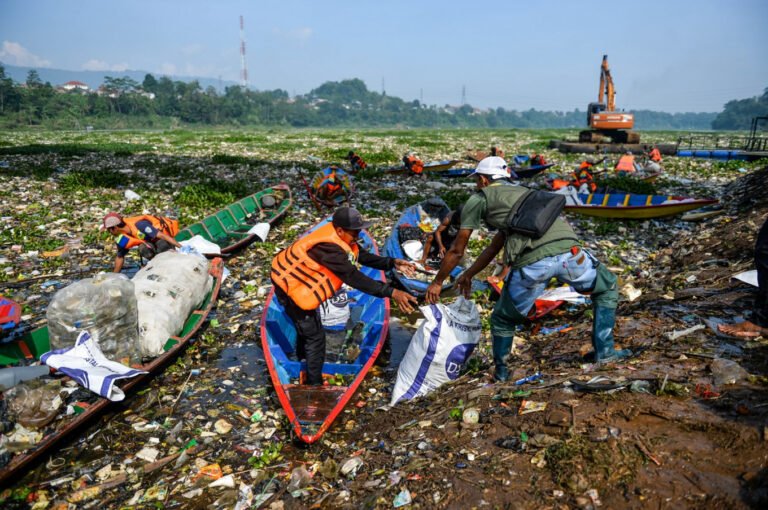
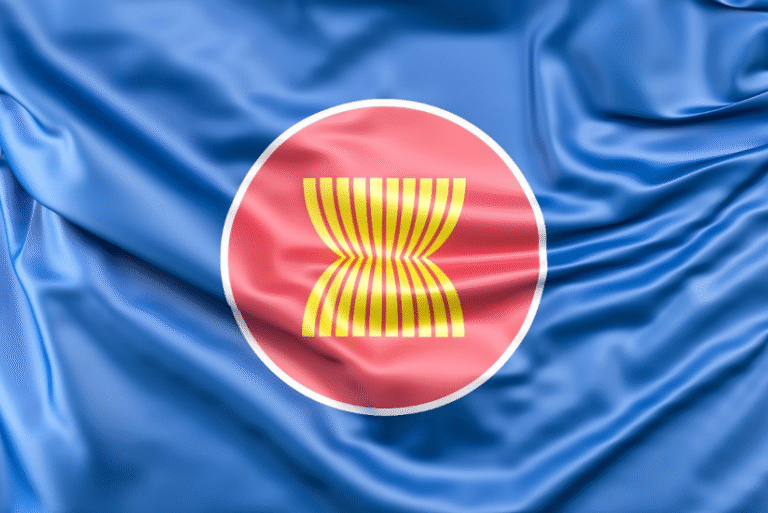
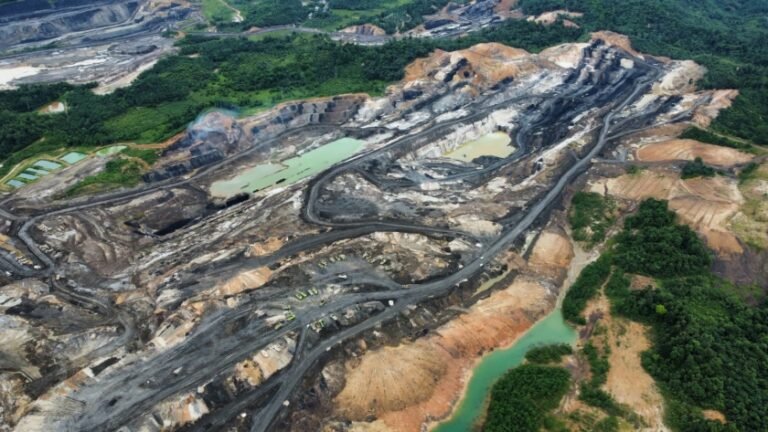
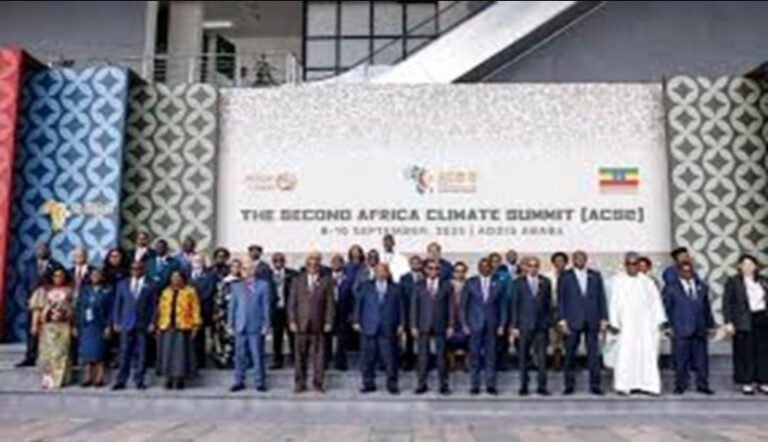

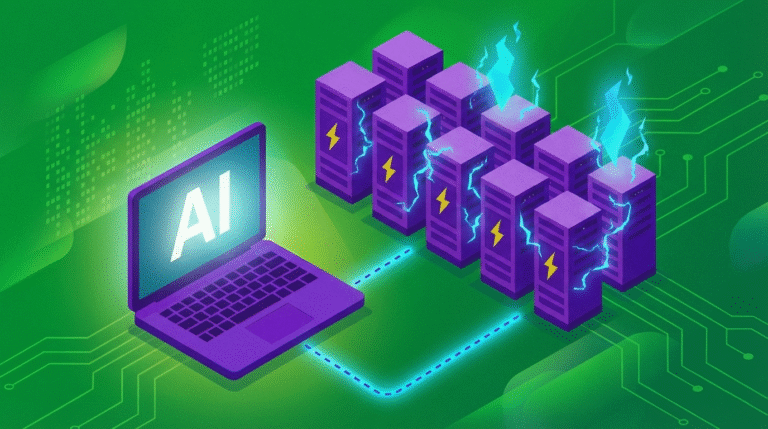
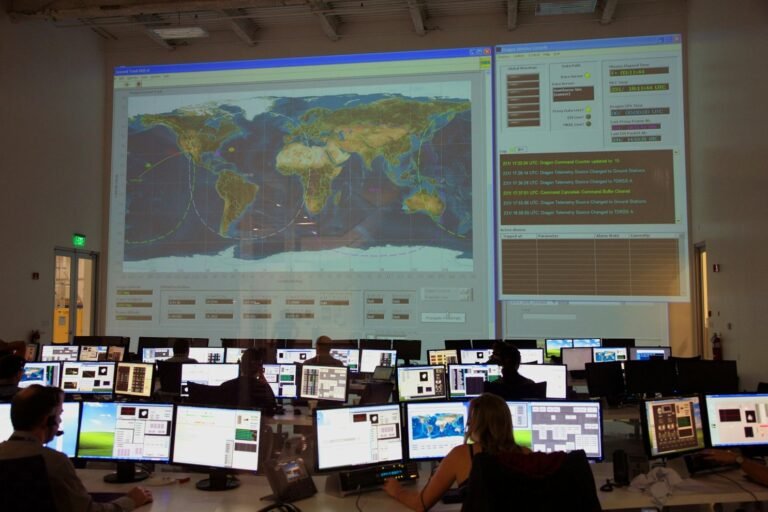
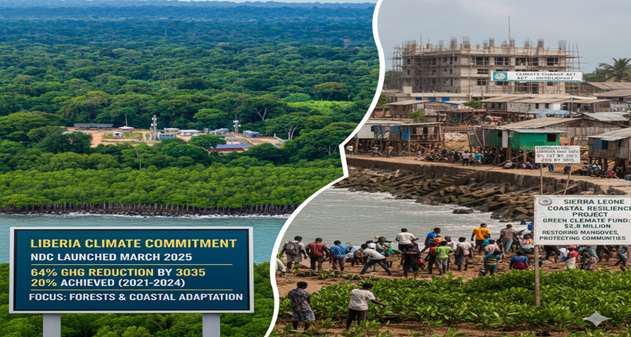
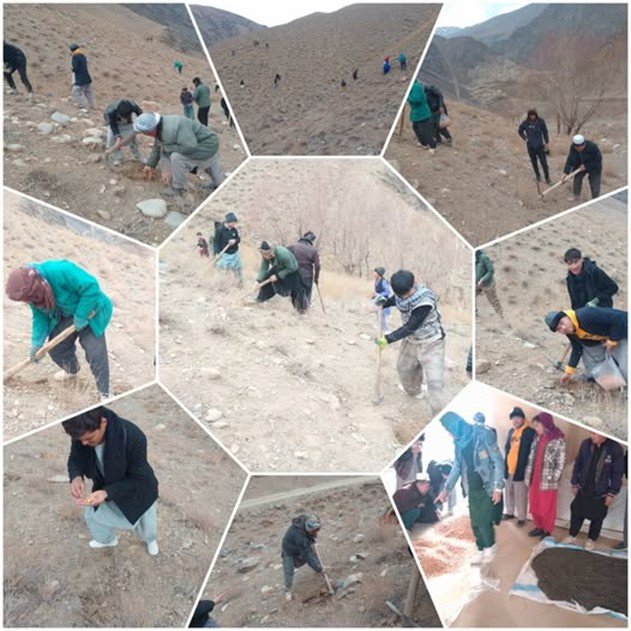
Good website! I really love how it is simple on my eyes and the data are well written. I’m wondering how I could be notified when a new post has been made. I have subscribed to your feed which must do the trick! Have a nice day!
Looking for the zo88 apk download? Heard some buzz about it. Gonna grab it and see if it lives up to the hype. If you are like me, give it a go! zo88 apk download
Okay, color me curious! Anyone actually tried jljl777legit? Is it the real deal? I’m always a little skeptical, but the name kinda makes you wonder. Thinking about giving it a shot, but would love to hear from someone who’s been there, done that. Let me know what’s up! jljl777legit
Been using Bong88 agent for a while now, and it’s been a great experience. Easy to manage my account and get the latest updates. Highly recommend using an agent for a smoother experience. bong88 agent
You have brought up a very superb points, regards for the post.